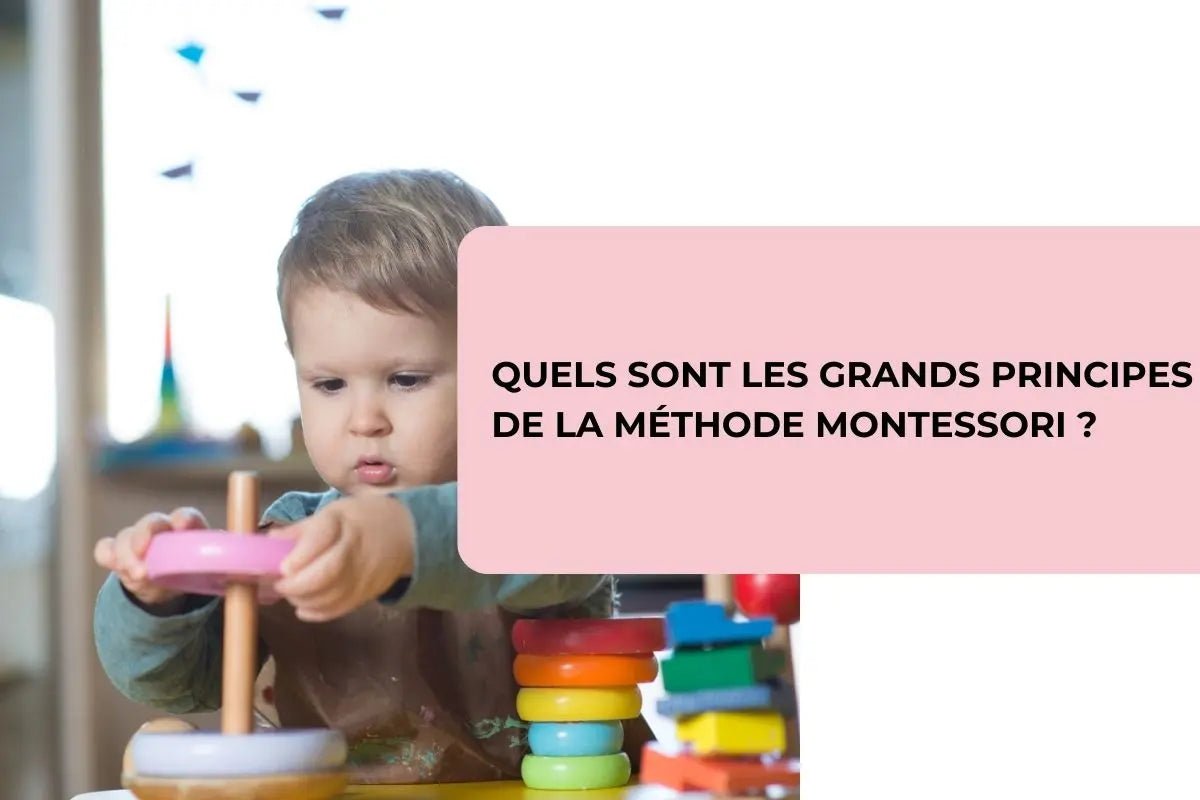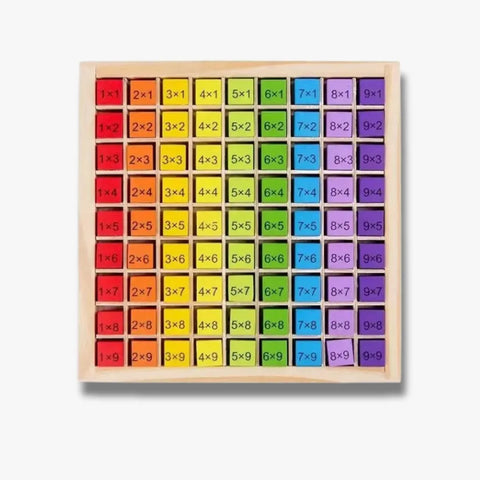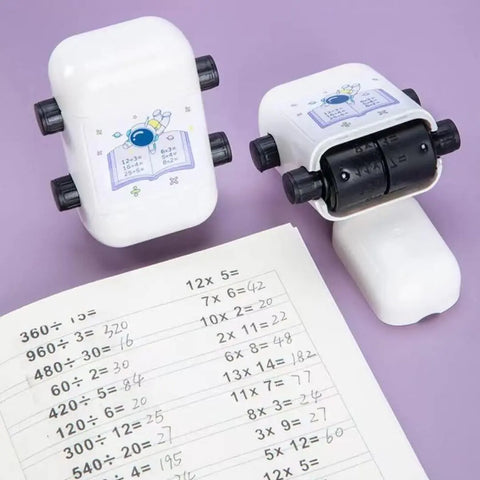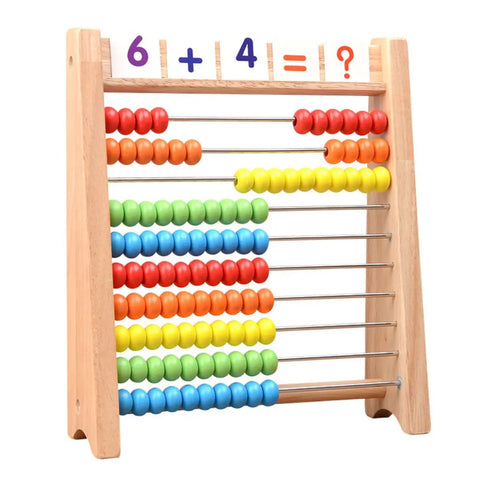
What are the main principles of the Montessori method?
Learning through experience
The Montessori method emphasizes learning through direct experience. Children are encouraged to explore and manipulate concrete objects to develop their understanding of concepts. This hands-on approach is particularly effective in teaching mathematics .
An excellent example of this experiential learning is the Montessori Magnetic Fraction Book - FractionGame™. This educational tool allows children to visualize and physically manipulate fractions, facilitating their understanding of this complex mathematical concept.

Montessori Magnetic Fractions Book for Fun Learning
Respect for individual rhythm
Another fundamental principle of the Montessori method is respect for each child's own learning pace. This approach recognizes that each child develops at their own pace and encourages independent learning.
The Numberfun™ Montessori Math Game with Cards and Dice perfectly illustrates this principle. It allows children to progress at their own pace in learning mathematical operations , while having fun.

Montessori math game adapted to the pace of each child
The prepared environment
The Montessori method places great importance on creating a carefully prepared learning environment. This environment should be adapted to the children's size and needs, encouraging their independence and exploration.
With this in mind, the Colorful Wooden Montessori Multiplication Table - EduMath™ offers an engaging, child-friendly visual aid for learning multiplication tables. Its colorful wooden design stimulates children's interest and facilitates memorization.

Colorful Montessori multiplication table for a stimulating learning environment
Self-correction and autonomy
The Montessori method encourages self-correction and autonomy in children's learning. The teaching materials are designed to allow children to check their answers themselves and learn from their mistakes.
Math Practice Cards - MathéDéfi™ are an excellent example of this approach. They allow children to practice independently and check their answers, thus developing their self-confidence and self-assessment skills.

Math practice cards to encourage self-correction
Multi-sensory learning
The Montessori method emphasizes learning that engages multiple senses. This multi-sensory approach allows for better understanding and retention of the concepts taught.
The Interactive Math Game - MathéSpinner™ embodies this principle perfectly. By combining physical manipulation and visual stimulation, it offers a comprehensive learning experience that engages multiple senses.

Interactive math game for multi-sensory learning
The progression from the concrete to the abstract
In Montessori education , learning progresses naturally from concrete to abstract. Children begin by manipulating tangible objects before moving on to more abstract concepts.
The combination of mathematical challenges - Mathéroule™ Duo perfectly illustrates this progression. This game allows children to visualize mathematical operations concretely before approaching them in a more abstract way.

Mathematical game for progression from the concrete to the abstract
The importance of movement in learning
The Montessori method recognizes the importance of movement in the learning process. Activities that involve physical movement are considered beneficial for cognitive development.
The Montessori Abacus for Counting to 100 - Mathéboulier™ is an excellent example of a teaching tool that encourages movement. By physically manipulating the abacus beads, children develop their understanding of numbers and mathematical operations.

Montessori abacus for mathematical learning on the move
Learning through play
The Montessori method values learning through play, recognizing that children learn best when engaged in playful and fun activities.
The Montessori Tangram - TangramFun™ Magnetic Game is a perfect example of this approach. While having fun creating different shapes, children develop their sense of geometry and creativity.

Montessori Tangram for fun learning geometry
Concentration and attention
The Montessori method emphasizes the development of children's concentration and attention. The activities offered are designed to encourage prolonged periods of focus.
Math Flashcards - MathéQuiz™ are an excellent tool for developing these skills. By encouraging children to focus on solving math problems, they strengthen their attention and thinking skills.

Math flash cards to develop concentration
Conclusion: The impact of the Montessori method on child development
The Montessori method offers a comprehensive educational approach that respects each child's individual pace. By incorporating principles such as experiential learning, self-correction, and multisensory engagement, this pedagogy provides an environment conducive to the development of cognitive, social, and emotional skills.
At BBChoupette, we offer a selection of Montessori toys suitable for all ages. By choosing these tools, you'll accompany your child on a rich and stimulating educational adventure, in line with Montessori values and principles. Give them the opportunity to learn through hands-on and fun experiences for optimal development.
Visit our Montessori collection to discover all our educational games inspired by this teaching method!
Right now, enjoy 10 % off BBChoupette with promo code BLOG10 .




